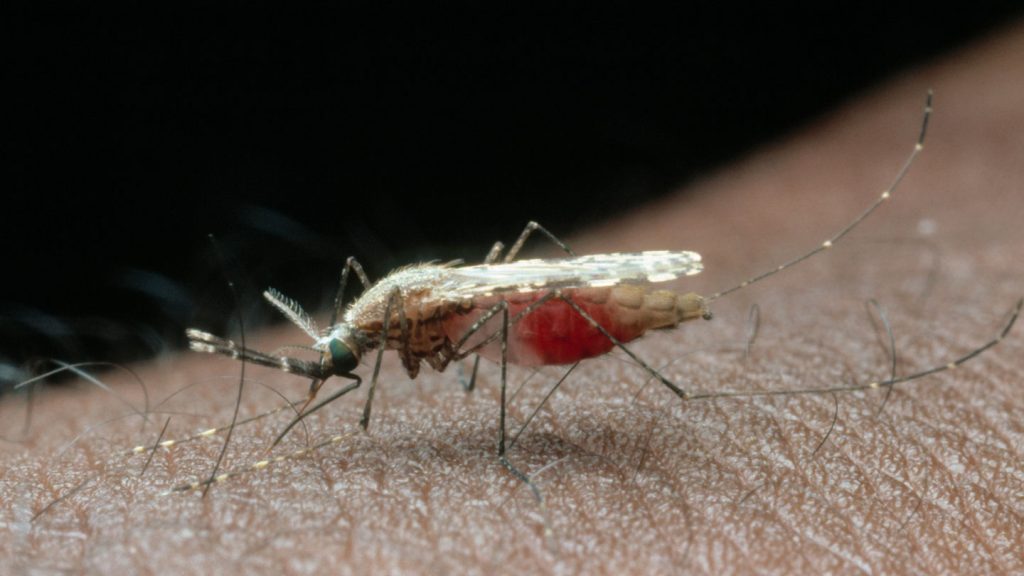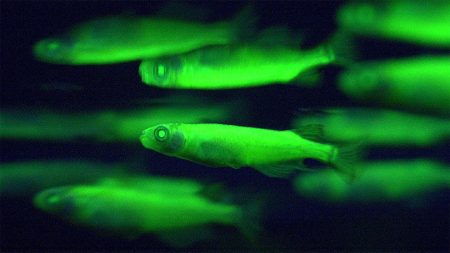Molecular biologist Deogratius Kavishe has designed a special backpack to transport live mosquitoes from the field to the lab for testing. The backpack, made from locally available materials, costs about $70 to produce and provides a cool and moist environment to protect the mosquito passengers during transportation. The goal of this transportation method is to test whether mosquitoes in Tanzania are still susceptible to a common class of insecticide known as pyrethroids, commonly used to kill mosquitoes that carry diseases like malaria.
In Africa, resistant mosquitoes have been found that can survive exposure to pyrethroid levels that are 1,000 times higher than the standard deadly dose. The World Health Organization warns that this resistance could undo the progress made in the fight against malaria over the past decade, as malaria still claims the lives of about 600,000 people each year. To combat this resistance, there is an idea to use a combination of pyrethroids with another pesticide, but for this strategy to work, there still need to be pyrethroid-susceptible mosquitoes present in the environment.
The backpacks designed by Kavishe’s team have been successfully used to transport mosquitoes from the field to the lab for testing. Mosquitoes have survived the journey in the backpacks, with a much higher percentage of them surviving than originally anticipated. The backpacks have enabled the scientists to transport the mosquitoes over long distances, even through challenging terrain, without compromising their survival. This success has led the team to plan further studies looking for pyrethroid-susceptible mosquitoes in the region to aid in malaria control efforts.
Kavishe and his team have endured challenging conditions to test the backpacks, including long hikes and encounters with wildlife such as snakes and buffalo. However, the backpacks have proven to be effective, with a high percentage of mosquitoes surviving the transportation journey. The team’s dedication to their research and the successful field trials have set them on the path to conducting more extensive studies to identify pyrethroid-susceptible mosquitoes. This work is essential for developing strategies to combat malaria more effectively in the region.
The innovative backpack design by Kavishe offers a practical solution to the challenge of transporting live mosquitoes for research purposes. With the success of the backpacks in enabling the safe and effective transportation of mosquitoes over long distances, the team is now focused on utilizing this method to study pyrethroid-susceptibility in malaria-carrying mosquitoes. The potential impact of this research could contribute significantly to malaria control efforts in Tanzania and other regions heavily affected by the disease, offering hope for the elimination of malaria in the future.















